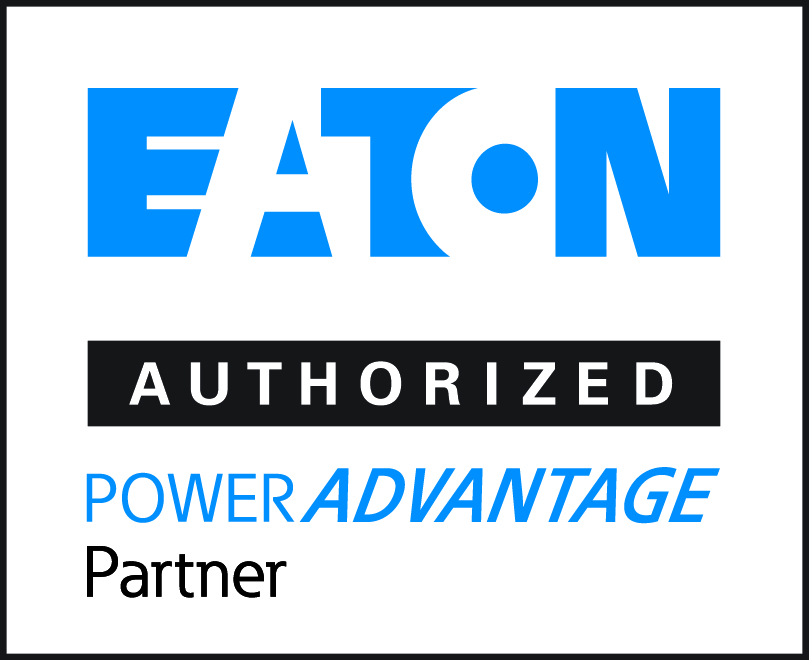
This update is crucial for awareness about the return of the Xenomorph Android malware, now aggressively targeting U.S. banks, financial institutions, and cryptocurrency platforms. Originally identified by the cyber security firm ThreatFabric, this Android malware variant is highly sophisticated, posing a significant threat to online banking and financial transactions.
Xenomorph typically disguises itself as an update for popular applications such as Chrome or the Google Play Store. When users click on these deceptive updates, the malware is installed, enabling unauthorized access to online accounts and the transfer of funds. It's imperative to be cautious about unsolicited emails and updates, and to only update applications through official channels.
Various forms of bank fraud include phishing scams, check fraud, unauthorized wire transfers, account takeovers, and internal fraud. In phishing scams, cybercriminals send deceptive emails or messages, often impersonating credible entities like banks or government agencies, to extract sensitive information like login credentials. These can sometimes be accompanied by phone calls, making it essential to inform your team about these tactics.
Check fraud involves the forgery or alteration of business checks to withdraw funds from accounts. It's vital to secure your checkbook and be cautious about sharing account information. Considering a checkless system could reduce the risk of account hacking. Unauthorized wire transfers and account takeovers often occur due to compromised online banking credentials, weak or reused passwords, or security lapses like storing passwords in browsers. Employee fraud is also a concern, with potential for embezzlement or financial record manipulation.
To enhance security, employ strong, unique passwords for online banking, and avoid storing them in browsers. Regularly update your passwords, using a mix of upper and lower case letters, symbols, and numbers, aiming for 14 to 16 characters. Always activate multi-factor authentication (MFA) for additional security. Setting up alerts for large transactions and requiring physical signatures for wire transfers can provide further protection. Consider obtaining fraud insurance to cover potential losses from theft, both employee-related and online.
Maintain strong cybersecurity measures for any device accessing bank accounts or critical applications. It's a misconception to think that data in the cloud is always safe; your bank account may be in a secure portal, but your own device security is equally important. Regular Cyber Security Risk Assessments are recommended to ensure your organization's defenses are up-to-date. If it has been over six months since your last independent audit, it's time for a review. These assessments are crucial for identifying vulnerabilities and strengthening your cybersecurity posture.









